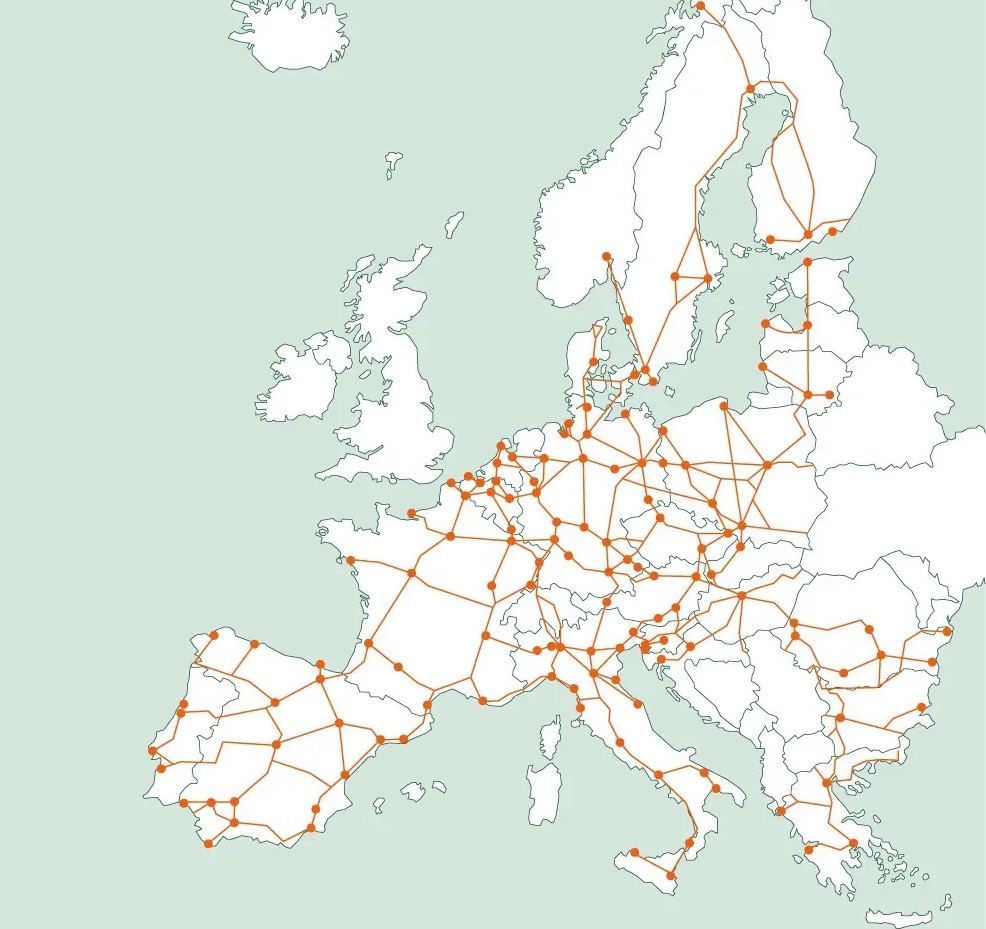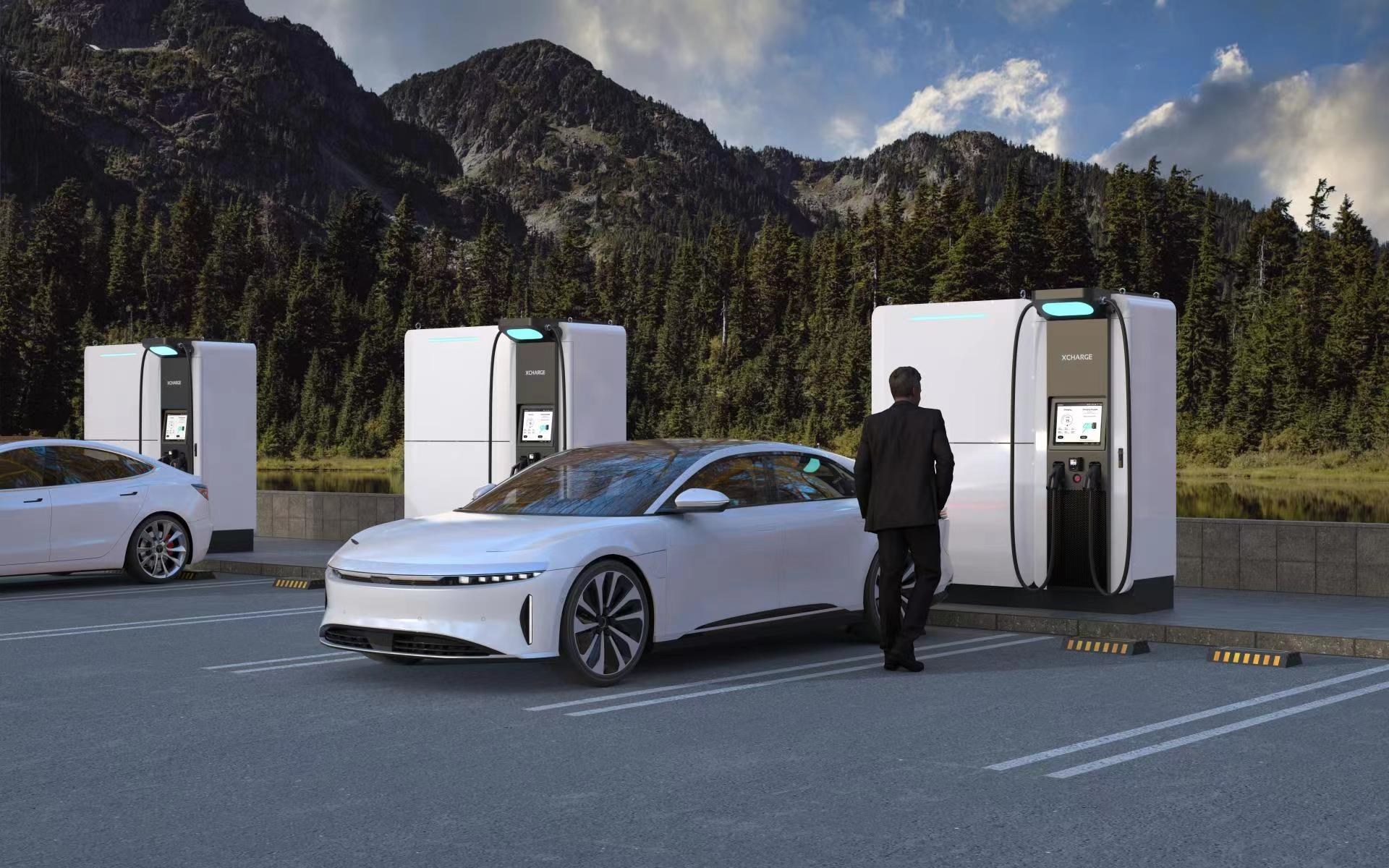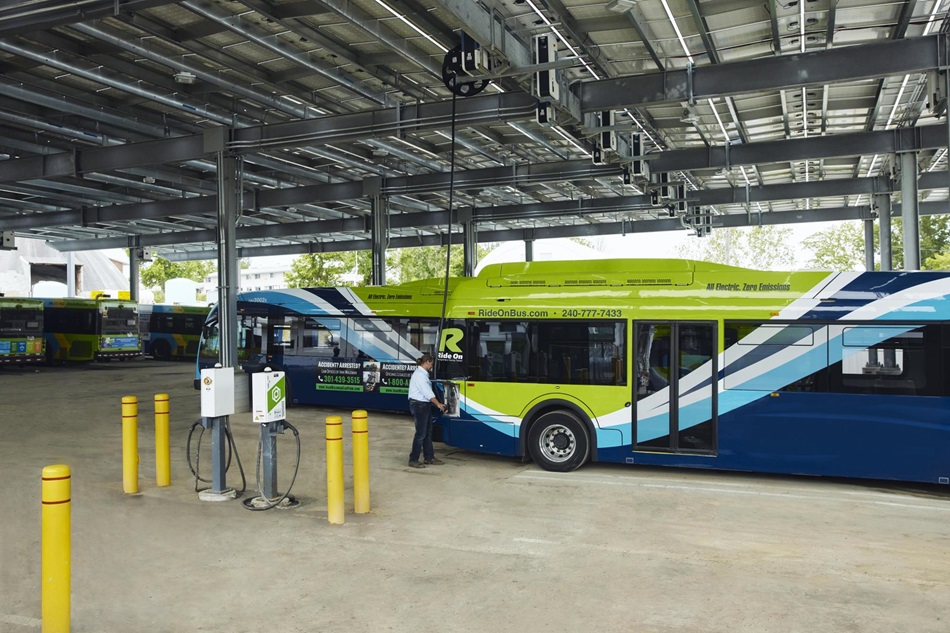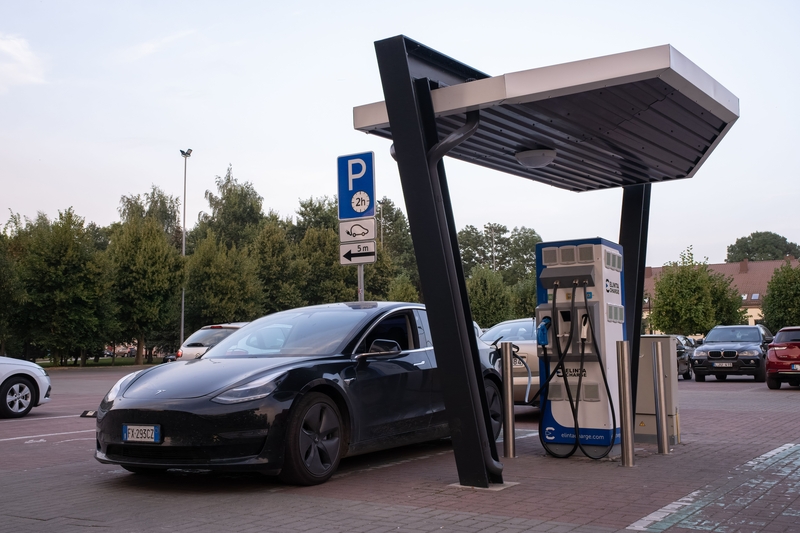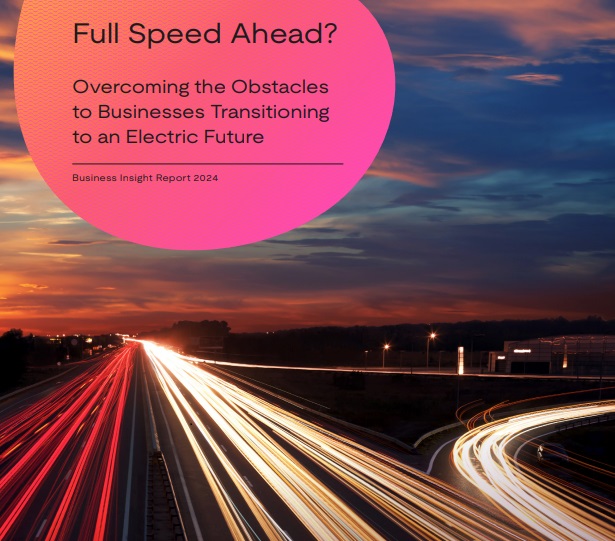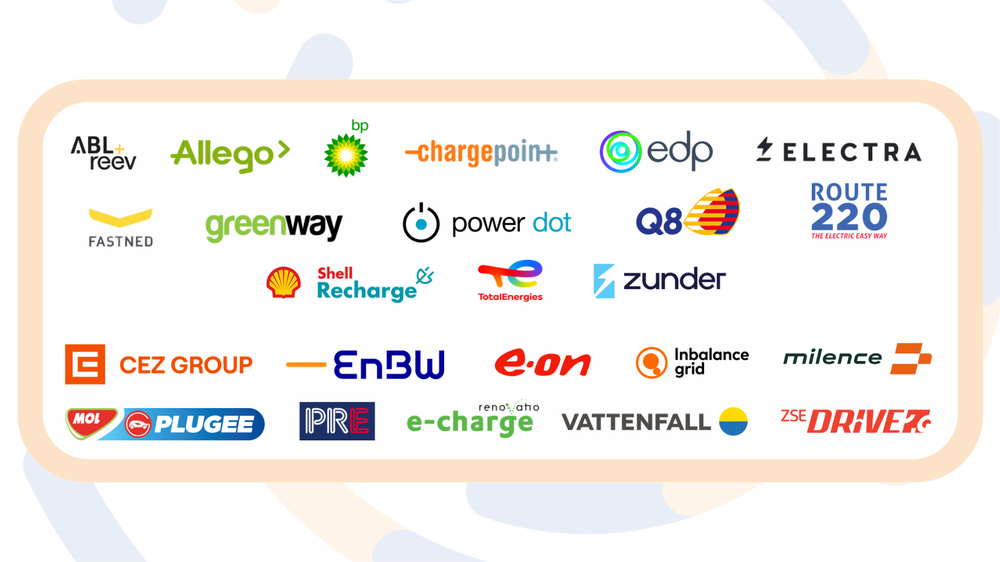
The letter states that the largest bottleneck CPOs face across Europe today is the amount of time it takes to establish a grid connection point, the complexity of the process to get one, and access to sufficient grid capacity.
More than 20 CPOs across Europe, consisting of ChargeUp members and other CPOs, have signed the open letter to propose five criteria benchmarking state-of-the-art permitting processes that would harmonise and standardise the process of getting a grid connection in Europe.
ChargeUp Europe says that, from a CPO perspective, a 'best in class' connection and permitting process would meet the following benchmarks:
Standardisation - An efficient process would see a standardisation which would be based on digital tools and a digitalised approach. This would reduce fragmentation. For example, in data, CPOs must provide contractual arrangements, timelines etc, reducing the administrative costs that come with dealing with hundreds of DSOs (distribution system operators).
Transparency - An efficient process would deliver transparency at all stages. First it would give CPOs a view on when there are load capacity constraints on the grid. Second, it would ensure clarity on interconnection processes and the timelines associated with each step of the process. Lastly, it would let CPOs track the progress of their requests.
Predictability - An efficient process would provide predictability for outcomes, as well as costs. It would ensure that outcomes do not vary from one DSO to another depending on the account manager in charge, leading to waste of scarce manpower within CPOs.
Harmonisation - An efficient process would take into account that CPO's operate across borders and would encourage DSOs across Europe to converge towards one standardised process acting de facto as the 'industry standard' for multiple jurisdictions, supporting the scale-up of charging networks.
Speed - an efficient process would guarantee that the time between a request for a permit and realisation of the connection to the grid is specific as well as accurate. This could be supported by differentiated treatment between system users, prioritising connection requests which contribute to meeting Europe's decarbonisation objectives.
The open letter says that "to meet the urgency of the moment Europe is facing, from the climate crisis to quickly reducing the continent’s reliance on imported oil, transport needs to be decarbonised and electrified."
It continues: "A successful transition to e-mobility requires a large amount of charging infrastructure for EVs deployed across Europe. Crucially, it also needs to be deployed fast. For charge point operators (CPOs), this means a laser-sharp focus on tackling every obstacle and bottleneck standing in the way of the fast rollout of charging infrastructure."



